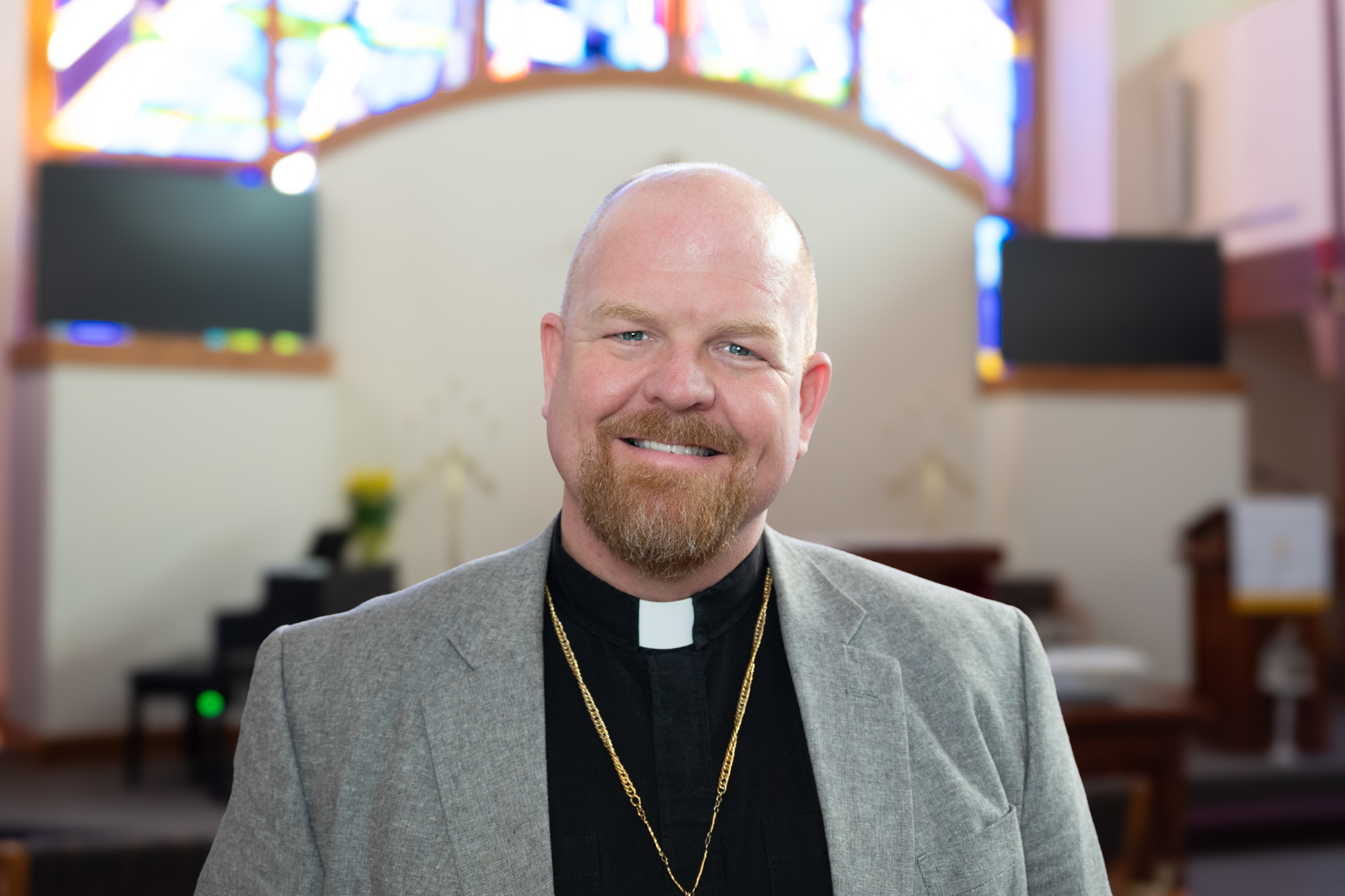News
Bishop Scott’s February Reflection: Cultivating Love through Epiphanies
February 3, 2025

epiphany i-PI-fǝ-nē (1): a usually sudden manifestation or perception of the essential nature or meaning of something (2): an intuitive grasp of reality through something (such as an event) usually simple and striking (3): an illuminating discovery, realization, or disclosure (4): a revealing scene or moment
Beloved in Christ,
In early December, I gathered with the other bishops of Region 4 (Nebraska, Kansas, Missouri, Arkansas, Oklahoma, Texas, and Louisiana) for our annual retreat. While we were together, we agreed that each of us would spend some time reflecting on this year’s election of the next presiding bishop of the ELCA, and would share our thoughts with our synods and with the church at large. Given that our theme for the month of February is “Epiphanies,” I thought this would be a particularly appropriate way to share, given that we are asking the Holy Spirit to shed light on, reveal, and illuminate our path forward as a church and as leaders in that church.
The next presiding bishop of the ELCA will not save the ELCA we have known and loved. That may be a harsh epiphany for some of you to hear, but it’s the truth, in a couple of different ways. The first is obvious: this church already has a Savior, whose term in office continues to the end of the age. Another is not so obvious: if the voting members of the 2025 Churchwide Assembly elect someone to save the institution as it has been, we will doom that person, and our church, to failure. Our calling is to be faithful to the road before us, not to meticulously maintain a past we’ve already traveled.
The next presiding bishop of the ELCA will be charged with leading this church into an uncertain future. The United States is rapidly moving into a post-Christendom, religiously pluralistic age, in which the privileges we’ve known and taken for granted are disappearing. How will we continue as a church in an environment where generational, social, cultural, and ethnic pressures are no longer the primary forces of evangelism and growth? What will be the impetus for being part of the ELCA when “we’ve always done it that way” no longer suffices? We will need a leader who can help us answer “Why Lutheran? Why ELCA?” before asking any other question.
The next presiding bishop of the ELCA must continue expanding what it means to be Lutheran. We have made strides, but there is more work yet to be done, as much within our own ranks as in the world in which we live. We must continue our efforts toward authentic, life-giving diversity, becoming a church that reflects the communities we call home (and investing in communities we’ve historically avoided). In its short history, the ELCA has built ecumenical and interfaith relationships rather than turning inward and drawing boundaries: that work must continue as well.
The next presiding bishop of the ELCA needs our voices, our imagination, and our prayers. If the ELCA is to have a future (and I believe this is still God’s intent), every last one of us has a part to play. The question is not so much who is called to lead as it is how all of us engage in discerning our next steps as this particular part of the body of Christ. We have big questions ahead of us. We have been capably and faithfully led to this place by Presiding Bishops Eaton, Hanson, Anderson, and Chilstrom. Where will we go from here? God knows – our task is to listen, to reflect, to pray, and then to act. I’m excited to see what will be revealed to us along the way.
With gratitude and joy,
Bishop Scott Alan Johnson